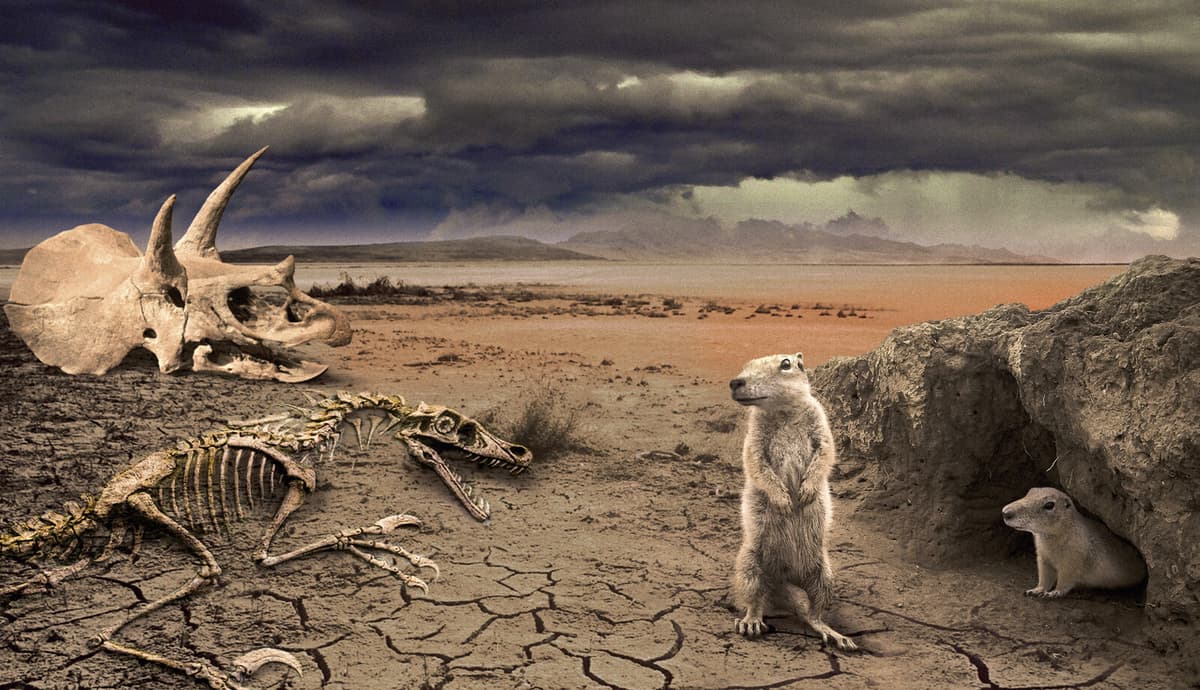The asteroid impact occurred around 66 million years ago on the Yucatán Peninsula in present-day Mexico, and led to soot, dust, and sulfur rising into the atmosphere. This led to years of darkness and global cooling, and the extinction of dinosaurs, as well as 75 percent of species on Earth.
According to the study, published in Nature Communications, there was five times less sulfur in the atmosphere after the impact than previously thought. It is likely that it did not get as cold on Earth as previous calculations suggested.
"For a very long time, people have believed that the temperature drop was decisive, but our results suggest that it probably did not get as cold as previous climate studies have shown", says Katerina Rodiouchkina, postdoctoral researcher at Luleå University of Technology and the study's lead author, in a press release from the university.
"This also fits better with the fact that so many species still survived, which allowed mammals to develop and for us humans to exist on Earth today."
The fact that the amount of sulfur was less than thought suggests that the lack of light rather than the cold temperature caused the mass extinction.
Swedish, Belgian, and German researchers have contributed to the study. Rodiouchkina conducted her research while she was a doctoral student at Ghent University and Vrije Universiteit Brussel in Belgium.






